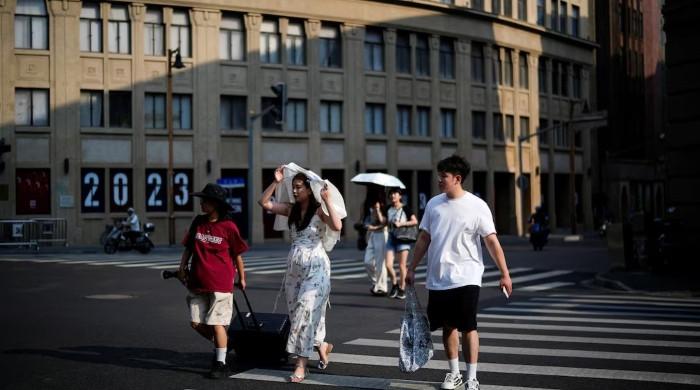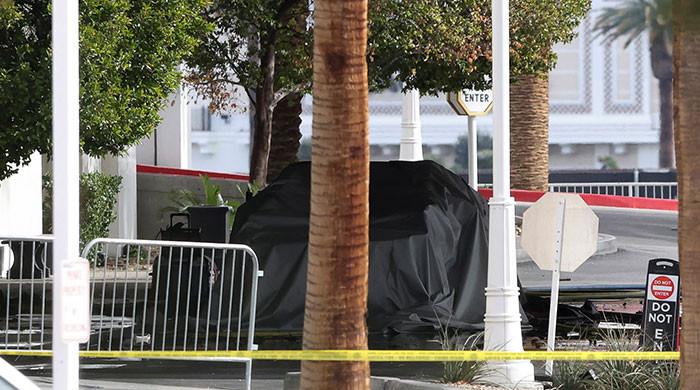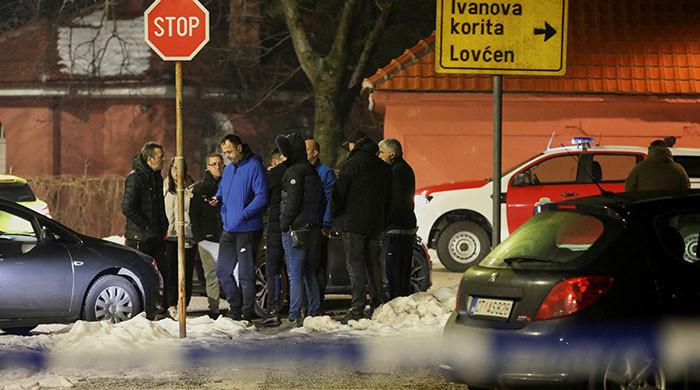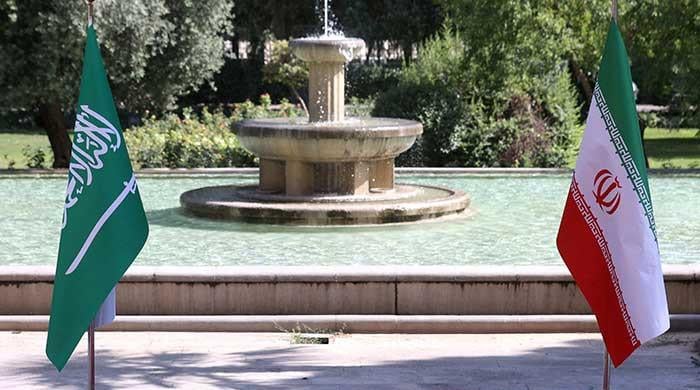Brussels pays rich tribute to Asma Jahangir
Memorial event organised jointly by Progressive Thoughts-International and European Institute for Asian Studies in Brussels
March 29, 2018
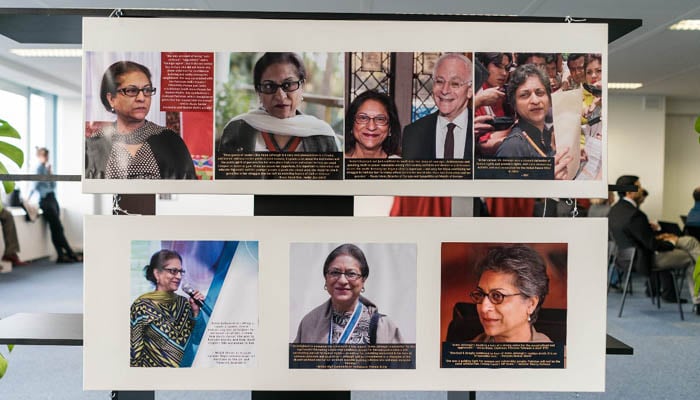
Asma Jahangir was paid rich tributes by a large number of participants in a memorial event organised jointly by Progressive Thoughts-International and European Institute for Asian Studies (EIAS) in Brussels.
The representatives from major EU institutions and their HR departments, including EU Commission, EEAS (European External Action Service) and EU parliament, attended the event.
The panel included Ismat Jahan from OIC Brussels, Shada Islam (Friends of Europe, Brussels), Gie Goris (Editor, MO magazine), Marjan Lucas (human rights defender from Netherlands), Ceciel Shiraz Raj (director Progressive Thoughts-International) and Khaled Hameed Farooqi (senior journalist). A large number of human rights activists, journalists, academics, students and Pakistani community members were also present.
Giving his keynote speech, Shiraz Raj said Pakistan was proud of Asma Jahangir for her selfless struggle for the protection of rights and freedom of the people of the country. “Asma believed in reformation, engagement and positive engagement,” he said.
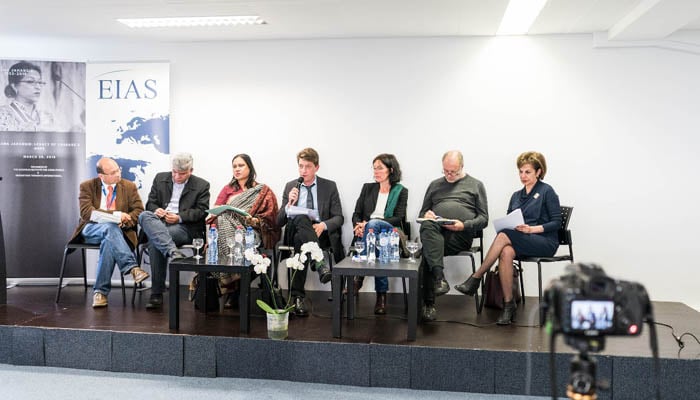
Further, Shiraz said, Asma was awarded at least two prestigious human rights awards in Netherlands. The first in 2002, the Geuzenpenning, and then in 2010 she was honoured with the Four Freedoms Award.
Also speaking on the occasion, Shada Islam said, "We have seen Asma Jahangir at the European Parliament speaking passionately about Pakistani people. She strongly believed in Pakistan and always asked Europeans to continue helping the nation because this engagement will have positive impacts for the destitute and the weak."
Islam upheld that Asma always acted bravely.
Further, ambassador Ismat Jahan said that Asma was rcourageous and full of hope.
“She was exceptional and made me proud as a woman and as a South Asian woman.”
She further said Asma was not only an example for her but for all women in the world. "Moreover, as a South Asian woman, she was our guide and mentor. She was the pioneer for regional peace in South Asia, which we all want and dream of. She was the champion of finishing bonded labour, protecting women's and child's,” she added.
Gie Goris, editor MO Magazine talked about Asma's struggle towards the civil and political rights of the people. He said that she protected the weak and vulnerable. “Her struggle for human rights was a legal battle but it was always in the context of developmental rights like poverty alleviation, livelihood and better opportunities for all.”
The peace activist from Netherlands, Marjan Lucas, recalled how she met Asma in Lahore where she was surrounded by tdestitute women telling her their stories and injustices done to them. She said, “I saw women sad but hopeful, fragile but with strong spirit, knowing Asma would listen to them, support them, probably save them from further humiliation and repression.”
Raphael Warolin from European External Action Service said, “We worked with Asma between 2004and 2008 and her input helped us formulate our human right policy.”
“Asma’s drive for human rights and protection of minorities was an example to follow. Her death doesn’t mean we stop work in Pakistan and we will continue with her ideals.”





